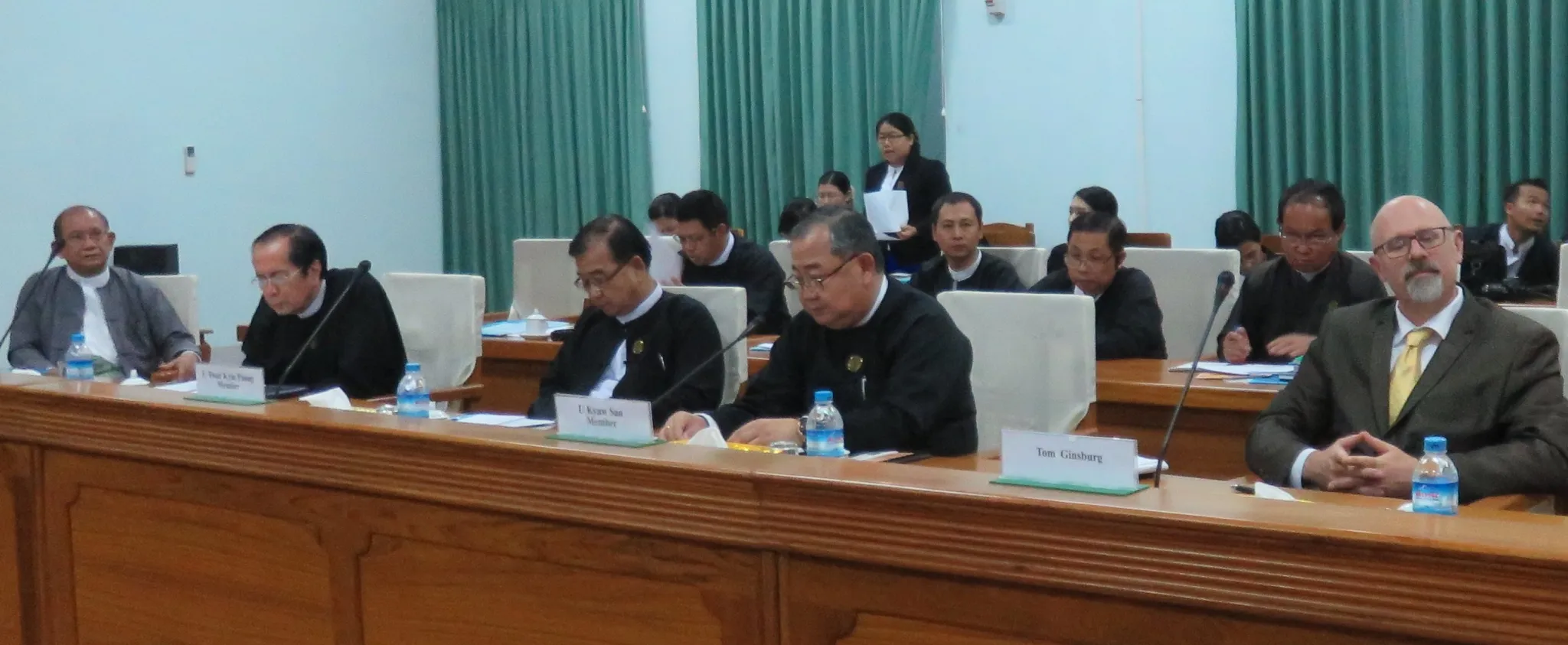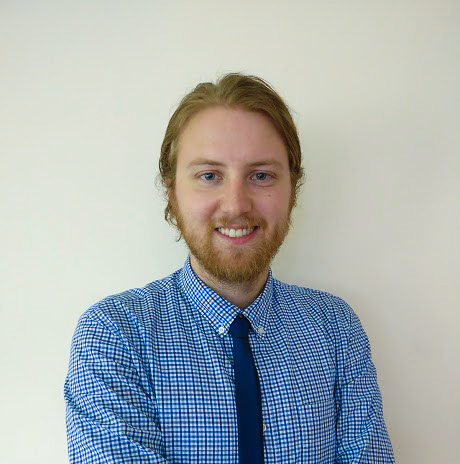
As Myanmar continues its democratic transition, the pace of dialogue on constitutional issues has accelerated and so has the demand for comparative lessons on questions of federalism and the constitution.
The Second 21st Century Panglong Peace Conference, which took place 22-23 May 2017 brought together more than 900 representatives from the government, military, political parties, and ethnic armed groups to discuss the ongoing peace process, and the economic and political development of Myanmar. While there was no dramatic breakthrough, and some commentators have been critical of the overall process, 37 principles covering political, economic, social, and land and environment issues were approved by the Union Peace Conference and included into the Pyidaungsu Accord. These principles have added momentum to the ongoing transition to a state based on federalism occurring in Myanmar.
International IDEA, through its MyConstitution Program, provided advisory services to local partners on federal constitutional issues in the lead-up to the conference. However, coming out of the Panglong Peace Conference, the hunger for analysis on federal and constitutional issues from partners in Myanmar remains strong.
As part of this programme, Professor Tom Ginsburg, the Leo Spitz Professor of International Law and Professor of Political Science at the University of Chicago and a Senior Advisor to the International IDEA Constitution Building Programme, visited Myanmar in June. His visit involved seminars on constitutional and federal principles with the Constitutional Tribunal of Myanmar and Members of Parliament from the Pyidaungsu Hluttaw in Nay Pyi Taw, Myanmar. Together with the delegation from International IDEA Myanmar, Ginsburg also met with the Union Attorney General U Tun Tun Oo to discuss the legal challenges of building federal systems in post-conflict settings.
On June 15, International IDEA delivered its second workshop with the Constitutional Tribunal of the Union of Myanmar; “a second remarkable day of 2017” according to Constitutional Tribunal Member U Kyaw San. The session, entitled “Independence and Impartiality of Constitutional Courts in Federal Systems” focused on the history of constitutional courts, and the important role they plan in federal systems. U Kyaw San noted in his opening remarks, “The existence of an independent and impartial Tribunal is at the heart of a judicial system that guarantees full conformity with International Human Rights Law.
The constitution, laws, and policies of a country must ensure that the justice system is truly independent from the other branches of the state”. One of the foundational requirements of a cohesive federal state is a strong, neutral constitutional arbiter, and International IDEA will continue to support the Constitutional Tribunal as it grows into this role.

Later that day, International IDEA opened its two-day session at the Pyiduangsu Hluttaw in Nay Pyi Taw entitled “Principles of a Constitution: Building Decentralized Forms of Government”. Members of Parliament participated in a discussion focused on the legal issues related to the development of federal systems in transitional democracies. Professor Ginsburg came away particularly impressed with the engagement level of the MPs. “It is clear that the MPs are eager to leverage comparative knowledge in tackling Myanmar’s evolving governance scheme, and they expressed special interests in the problems of democratic federal systems,” he said. “There is both a recognition that there is much to learn but also a willingness to tackle the problems in a serious way.”
Professor Ginsburg felt that the discussions he observed during his mission were a clear sign of progress, “Myanmar has changed a lot since my last visit over a decade ago—it is now a dynamic place, with clear democratic momentum but also lots of challenges, and I hope to remain engaged in years ahead.”

As Myanmar continues on its path towards building the framework of a democratic federal union, International IDEA will continue to support its partners to strengthen their knowledge on constitution building, and contribute to the growth of a robust democratic culture.
International IDEA’s MyConstitution Program is funded by the Ministry of Foreign Affairs of Norway and the Grand Duchy of Luxembourg. To learn more about International IDEA’s constitution building activities, check out our ConstitutionNet website.




